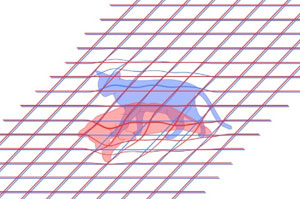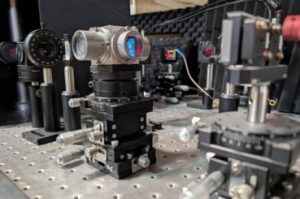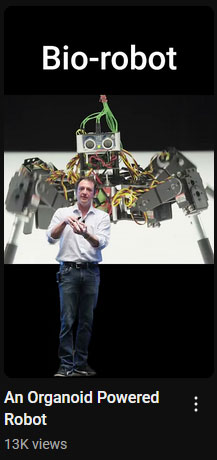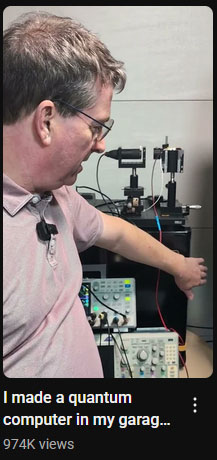James Tagg
Physics, Innovation, Farming

Coming Soon
Science of Creativity
Innovation
Physics
Writings
Food Science
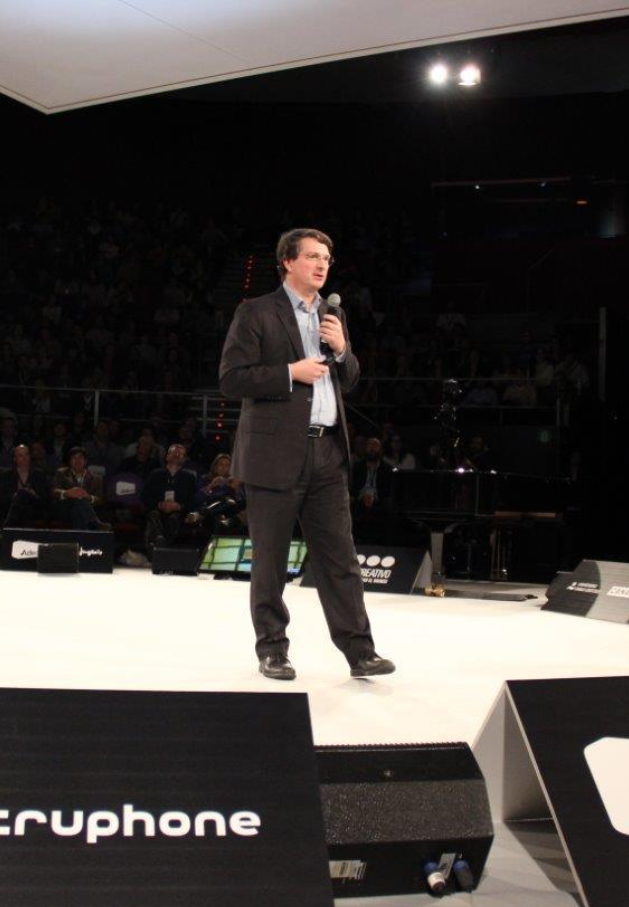
Reconstructing the Human Brain in the Lab. Dr Alyssson Muotri - UCSD & Valis Scientific Advisor talks about Brain Organoids at SXSW 2025.https://t.co/Cn8PY3MvTT
— jamestagg (@jamestagg) April 20, 2025
Latest Papers
Latest Videos
Reconstructing the Human Brain in the Lab
Is our brain a quantum gravity computer?
OpenAI does something impossible
Are The
Androids
Dreaming
Yet?
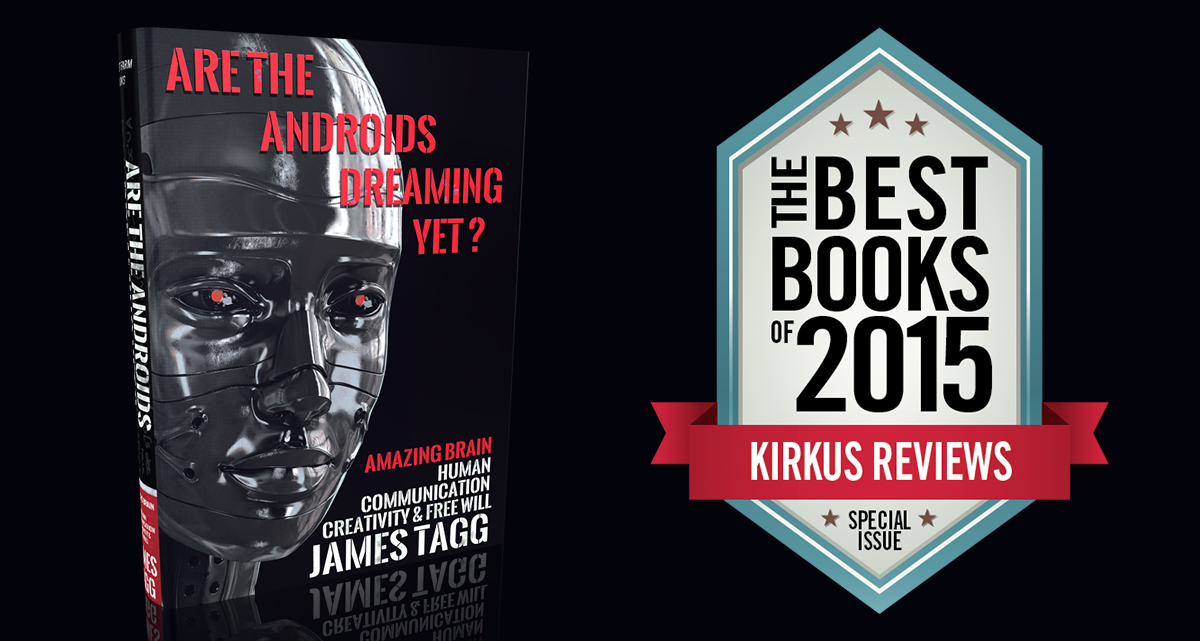
Questions?
James Tagg © 2025 | Privacy | who reads the footer these days?
